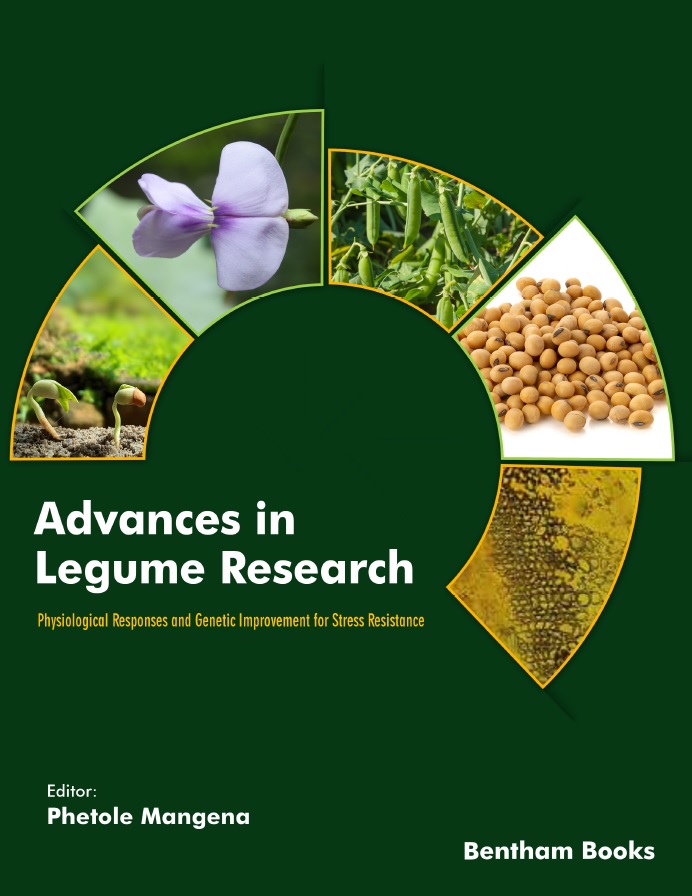Legumes fall within the group of pod producing grain plants, belonging to the family Fabaceae . Plant species found inside this taxon are of high significance globally because of their relatively higher amounts of quality proteins, carbohydrates, fibre, and essential oils, that are contained within the seeds. Legume seeds contain less fats and no cholesterol, and they are a potential source of innumerable food/pharmaceutical supplements, feed manufacturing ingredients, biofuel, and are positively related to sustainable agriculture due to their association with nitrogen fixing microorganisms. It is, therefore, due to the above mentioned reasons that; they serve as model crops for functional studies in the trait (growth and yield) improvement of crops and the physiological/genomic development of resistant varieties against climate change-induced stress.
Of all the ways that climate change inflict harm on crops, legumes are among the most vulnerable and highly sensitive groups of oilseed crops worldwide. Abiotic stress and biotic stress-based reductions in the growth and yield of these crops, particularly, soybean, mung bean and cowpea, cause greater negative impacts on food security, health, and the import-export rates in many countries. Although these crops were recently rated just around 767th of the most traded products according to the OEC (Observatory of Economic Complexity, 1995‒2017), they all remain a positive driver for sustainable growth and development of many countries’ gross domestic product (GDP), especially in the developing African region.
All authors believe that readers will, therefore, receive and appreciate the insights provided by Advances in Legume Research- Physiological Responses and Genetic Improvement for Stress Resistance from different individuals with high expertise, and who are specialists in the area. The authors are of different scientific backgrounds, which is very important for the diversity of views, bringing new ideas and sharing new important original information covering perspectives from various fields of legume physiology and genetics. Legumes research should undoubtedly be continued, particularly because these crops also have a narrow genetic pool, consequently making them highly sensitive to various stress factors.
Numerous genetic modification tools gained popularity in recent years, but, inefficiencies and losses of beneficial genes still persist in many breeding systems. Some approaches are widely criticised, and others appear as viable alternatives, simply because they receive considerable attention from consumers and researchers. There are widespread untested assumptions of genetic instability of genetically modified organisms, and possible carcinogenic effects believed to emanate from genetically modified plants. Therefore, investigations on the evaluation of chemical compositions, growth, development and reproduction of GMOs and non-GM legume crops is perhaps the most fundamental service to mankind and the increasing populations.
Acknowledgements
The paramount goal of delivering a comprehensive book that clearly elucidates the understanding of mechanisms involved in plant’s genetic and physiological responses to stress was made possible by all authors. As such, we are very much grateful to all the authors and everyone who provided their meaningful contributions. I express my special thanks and appreciation to Dr. Phatlane William Mokwala and Prof. Roumiana Vassileva Nikolova for their continued mentorship and support. We express our special thanks and appreciation to Fariya Zulfiqar, Publication Manager for the support and help in making this goal achievable.
Phetole Mangena
Department of Biodiversity
University of Limpopo, Limpopo Province
South Africa

